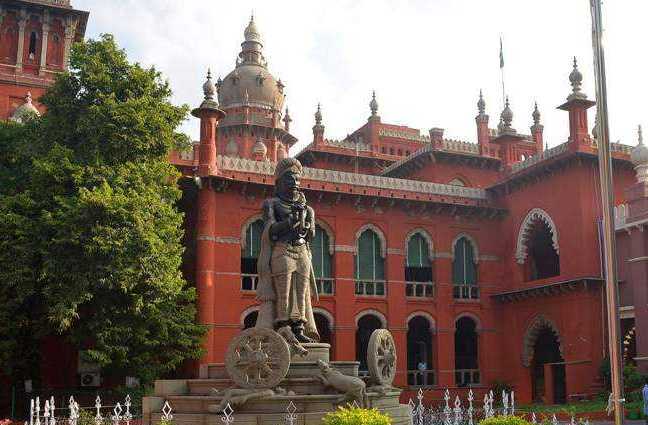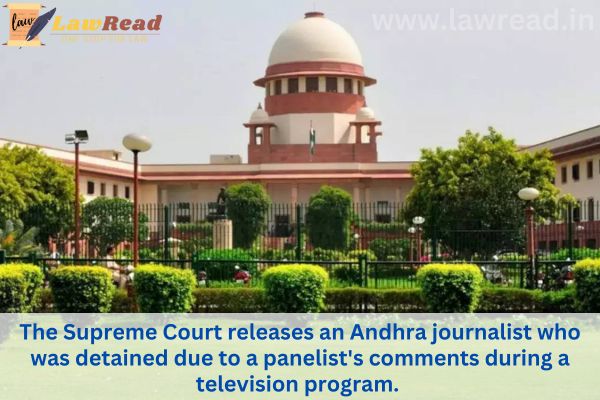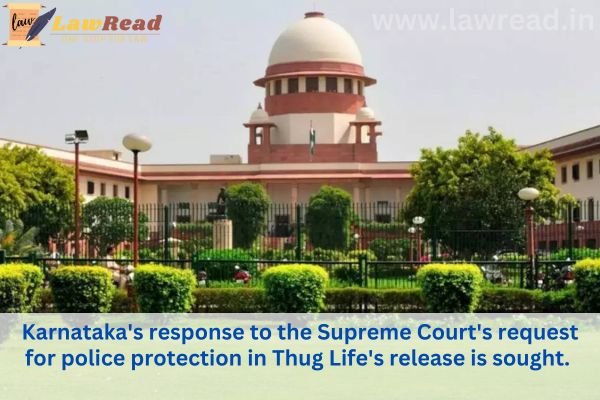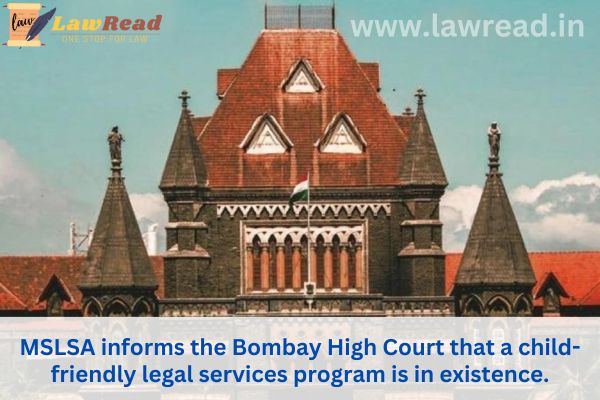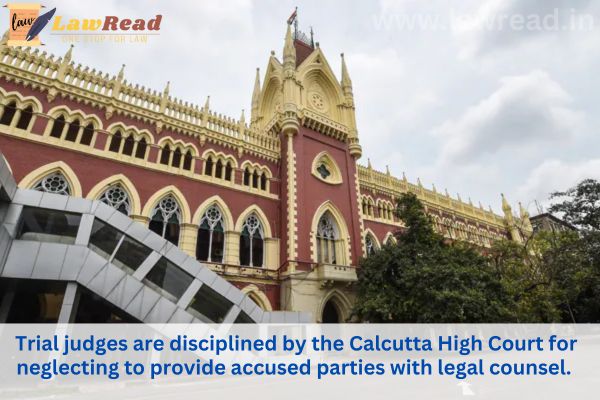News
Using the legal system to police the past
Courts are proactively restricting future conversation in addition to punishing past speech.
.jpg)
A recent discussion in the Indian Supreme Court reflects a worrying pattern of judges getting involved in political discourse about historical characters.
Rahul Gandhi was given relief in a defamation case involving his remarks on Vinayak Savarkar, but Justice Dipankar Datta warned him verbally that making "irresponsible statements" about "freedom fighters" could lead to a suo motu proceeding. It was unclear at the time this article was written if these comments were part of the order. However, that is of little consequence because they have been extensively documented and their effects—to which I will refer at the conclusion of this article—have already occurred.
The function of the courts in controlling political discourse is called into question by this judicial statement, particularly when it comes to contentious historical accounts. Naturally, this is not a problem that has only happened in India. Authoritarian governments like Russia and Turkey have similarities in that their courts deliberately restrict discussion concerning historical personalities and events, primarily to the detriment of opposing voices.
Criminal defamation laws have been routinely enacted in Turkey to target opposition figures who questioned government narratives. One example of this pattern is the prosecution of Selahattin Demirtaş, the former co-chair of the pro-Kurdish Peoples Democratic Party in Turkey. His outspoken remarks about historical occurrences like the Zilan massacre and his criticism of "Turkish state institutions" led to numerous trials. He has been convicted by courts under the statutes against "insulting state institutions" and "inciting hatred," however critics point out that these proceedings focused more on his political remarks about Kurdish rights and state violence than on any actual incitement. His continued detention has been extensively denounced by international human rights organizations as politically motivated, especially to silence a significant opposition voice.
The opposition camp's Canan Kaftancıoğlu was also sentenced to prison on allegations of "insulting the President" and "degrading the State of Turkey." She was charged because of her public remarks and social media posts, some of which mentioned contentious political topics. The case illustrates how these laws (and courts) serve as instruments under an authoritarian system to punish those who oppose the governing regime, even though the prosecution concentrated more on her criticism of political leaders than on her challenges to official narratives.
Russia may exhibit the clearest example of court enforcement of officially sanctioned historical accounts. Disseminating "false information about the Soviet Union's activities during World War II" with knowledge has been illegal since 2014. Several people have been found guilty under this law for things like implying that Stalin was just as much of an aggressor as Hitler, that the Soviet Union and Nazi Germany were jointly responsible for starting World War II by dividing Poland, or even that the Russian military was attacking civilians while conducting combat.
In each of these instances, the courts stood for limiting opportunities for public discourse in favor of the official historical narratives. In many cases, courts acted as gatekeepers who choose which historical interpretations were allowed to enter the public discourse, which ran counter to their supposed duty of defending free speech.
With the Supreme Court of India, preventive limitations have emerged, which goes beyond all of them. Courts are proactively restricting future conversation in addition to punishing past speech. Through rhetorical court threats, this forward-looking censorship has created a climate where opposition figures must now negotiate an even more constrained space for acceptable discourse. Since only written legislation is enforceable, it is reasonable to argue that oral remarks are irrelevant. The judicial office, however, has enormous institutional and symbolic authority. Potential punishments serve as the "chilling effect," and when they come from an institutional seat of authority, they are more likely to be taken seriously. Because politicians and public figures would be afraid that courts may penalize particular views of history and its figures, they would prefer to self-censor, so undermining the constitutional protection of freedom of speech and expression.
Even more worrisome is the judiciary's self-appointment as the final arbiter of historical reality, which allows for legal interpretations of the past. In addition to the political realm, the academic community—places where civilizations attempt to reconcile their comprehension of complicated histories—may also be affected. Through the exclusion of specific individuals from contestation areas, courts limit the scope of academic and political discourse. Instead, courts serve as tools of authoritarian control rather than as checks on authority when they enforce historical narratives, as demonstrated by cases from Russia and Turkey.

